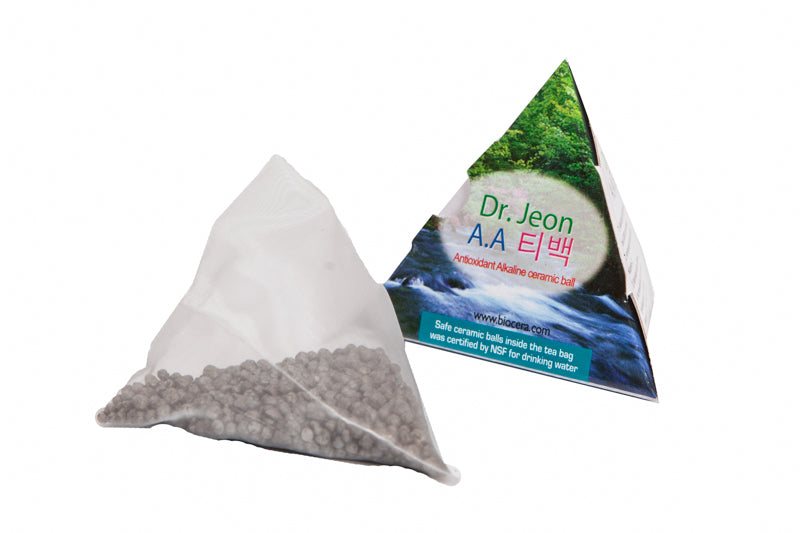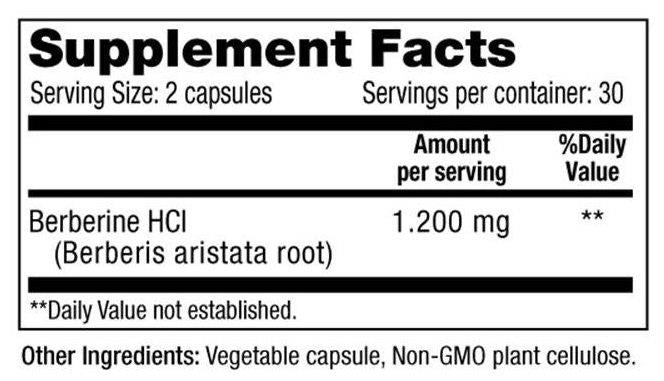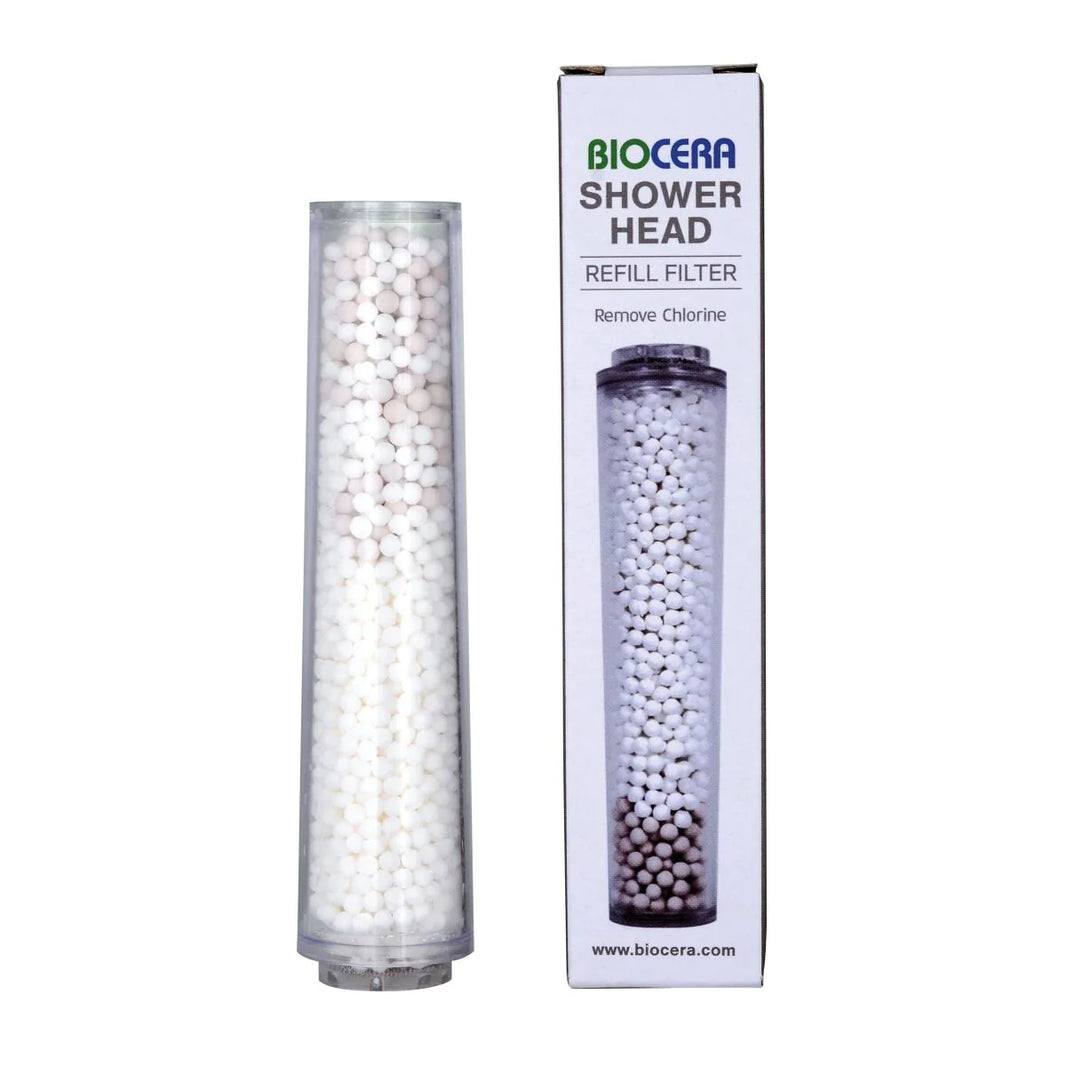Probiotics are widely known for alleviating digestive ailments, but recent research shows that taking a daily probiotic supplement may also help reduce anxiety.
This finding comes at an important time for many who struggle to keep up with the demands of modern life.
As the rise of prescription anti-anxiety medications full of unwanted side effects continues, can probiotics be the answer to promoting an overall balanced and calm disposition? One leading health expert certainly seems to think so.
Probiotics for Anxiety: The UCC Study
According to a 2015 study conducted by researchers at the APC Microbiome Institute at University College Cork, healthy men who supplemented with the probiotic strain Bifidobacterium longum every day for one month reported less anxiety, had decreased cortisol levels and scored better on memory tests than men who did not supplement.
Although the effects of the probiotic were small, they were effective enough to make a difference in the men’s daily life.
According to Ted Dinan, lead researcher and head of psychiatry at University College Cork, “By their very nature, probiotics are safe bacteria, and if we can delineate those that have benefits for mental health, that would be a major advance for neuroscience and psychiatry.
“My hope is that within the next five years we’ll have a probiotic or two on the market that will be effective for treating mild forms of anxiety and depression.”
The Brain and Gut Talk to Each Other Regularly
This is not the first time Dinan and his team have set out to determine the relationship between the gut and brain.
His previous experiments conducted on mice found that giving the same probiotic strain to mice improved their memories and reduced depressive effects.
Dinan’s work focuses on the variety of ways in which the gut signals the brain and the brain signals back to the gut, and how this communication is linked to cognitive function.
During a 2016 interview, Dinan stated, “There’s a neurological connection between the gut and the brain. The vagus nerve transmits impulses from the gut microbes to the brain. The gut microbes also produce various chemicals that can influence the brain.
“Short-chain fatty acids like butyrate and acetate produced by the metabolic activity of the gut microbes. There are peptides that come from the gut that can influence the brain as well.”
Many of these sentiments are echoed by neurologist David Perlmutter in his best-selling 2015 book Brain Maker.
Probiotics for Anxiety and Brain Health
Hundreds of bacterial species live in the gut and they all have unique purposes. In the past, Bifidobacterium longum has been shown to improve the immune system, support digestion and limit harmful bacteria.
But recently researchers have attempted to understand the relationship between probiotics and brain health.
It was once estimated that around 100 trillion bacterial cells and 10 trillion human cells live in the body, which means that a person’s human cells are outnumbered 10-to-1.
However, newer research shows that a person actually has 30 trillion human cells and 40 trillion bacterial cells. In other words, we are made up of more bacterial cells than human cells.
These bacterial cells reside primarily in the gut, along with many other microbes such as fungi and yeast. Together, they make up a person’s gut microbiome.
Each of these compounds has the ability to produce different compounds, such as neurotransmitters, amino acids and short-chain fatty acids, each with a unique effect on the brain.
Along with sending signals to the brain via the vagus nerve, the gut microbiome can also influence the central nervous system by controlling hormone production and inflammation.
Probiotic bacteria can help to reduce cortisol, a stress hormone typically linked to anxiety. In other words, you may be less prone to reacting to negative thoughts when your microbiome is properly balanced.
Indeed, there is some evidence to suggest that probiotics be considered “psychobiotics” given the effect they can have on mental health.
The 2015 study is not the only one showing a positive benefit of probiotic supplementation for anxiety. In 2018, a research paper published in PLoS One found that compelling evidence suggested Lactobacillus rhamnosus was the most proven strain for reducing anxiety. This was based on analysis of 22 animal studies and 14 human studies.
Naturally, there are several other strains which have shown to be effective. Prebiotics also provide positive psychological effects.
Kynurenine and Tryptophan
As mentioned, one of the best works on the subject of gut health and anxiety is Dr. David Perlmutter’s Brain Maker.
The following is an excerpt from the chapter Is Your Belly Depressed?
“Serotonin is an important neurotransmitter, one that’s often linked to feelings of well-being. It’s synthesised from the amino acid tryptophan, but when tryptophan is degraded in the body by certain enzymes, it becomes unavailable for the production of serotonin.
“One of the byproducts of broken-down tryptophan is kynurenine, so high levels of kynurenine are a good indicator of low tryptophan levels.
“Elevated levels of kynurenine are routinely documented not only in patients with depression and anxiety but also Alzheimer’s disease, cardiovascular disease, and even in people with tic disorders.
“In the future, my hope is that we begin to treat these ailments with probiotics, because it’s already known that the probiotic Bifidobacterium infantis is associated with lower levels of kynurenine. This means that more tryprophan is available to be used for the production of serotonin, which is key to staving off not just depression but anxiety as well.”
How to Reduce Anxiety Through the Gut
The best way to improve gut health and reduce anxiety is by eating an alkaline diet free of processed foods that disrupt the signalling between the brain and gut.
Focusing on an alkaline diet will naturally remove toxins from the body that alter the gut microbiome, impact the immune system and cause inflammation, all of which have a direct effect on your mood.
Recent research has shown that the number of people in the United Kingdom who take anti-anxiety medication increased by 9.1 percent in just 12 months back in 2012.
As many medications that are used to treat anxiety are full of unwanted side effects such as nausea, drowsiness, confusion, blurred vision, seizures and even suicidal thoughts, it’s time for a natural option that does the job safely.
Progurt Probiotics are the strongest in the market, and because of their huge volume of beneficial bacteria (1 trillion CFU per sachet), they offer superior colonisation to other supplements.
What’s more, Progurt’s bacteria are human-derived, as compared to most supplements which are soil- or bovine-based. These factors make it the best choice of probiotic for anxiety.
Progurt has the correct balance of good bacteria to help you relieve symptoms related to dysbiosis, and sachets are free from chemicals and artificial additives of any kind. Simply disperse in water and drink.
Conclusion
Research continues, but at this stage it is clear the gut-brain axis plays a major role in anxiety and mental health more generally.
Studies are likely to underline the potential of probiotics as an alternative treatment of chronic anxiety in the years ahead. Perhaps the word ‘alternative’ will be dropped in the future.
After all, who’d want to take prescription medication when they could use live bacteria instead?



























Leave a comment